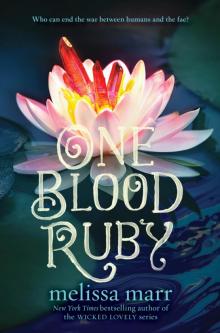 One Blood Ruby
One Blood Ruby Desert Tales
Desert Tales Faery Tales & Nightmares
Faery Tales & Nightmares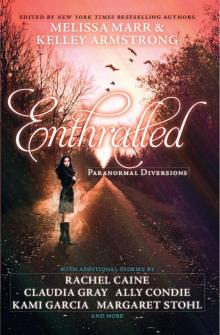 Enthralled: Paranormal Diversions
Enthralled: Paranormal Diversions Wicked Lovely
Wicked Lovely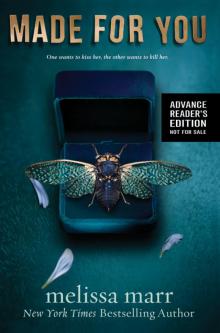 Made for You
Made for You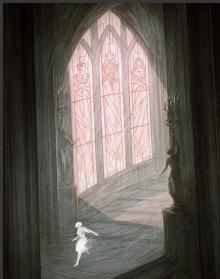 The Maiden Thief
The Maiden Thief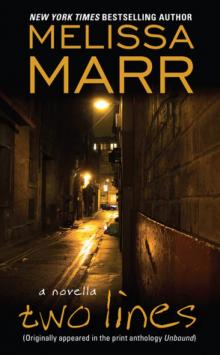 Two Lines
Two Lines Seven Black Diamonds
Seven Black Diamonds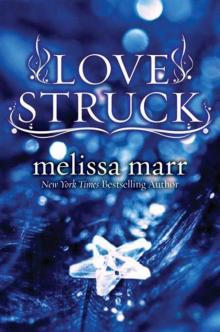 Love Struck
Love Struck Guns for the Dead
Guns for the Dead Radiant Shadows
Radiant Shadows Ink Exchange
Ink Exchange Darkest Mercy
Darkest Mercy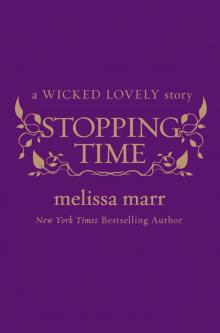 Stopping Time and Old Habits
Stopping Time and Old Habits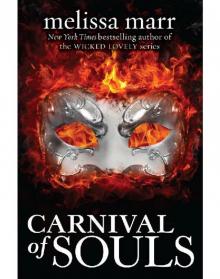 Carnival of Secrets
Carnival of Secrets Carnival of Lies
Carnival of Lies This Fond Madness
This Fond Madness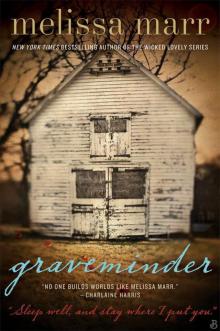 Graveminder
Graveminder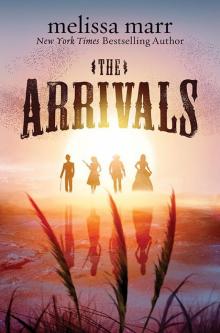 The Arrivals
The Arrivals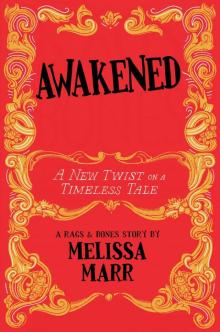 Awakened: A New Twist on a Timeless Tale
Awakened: A New Twist on a Timeless Tale Cold Iron Heart: A Wicked Lovely Novel
Cold Iron Heart: A Wicked Lovely Novel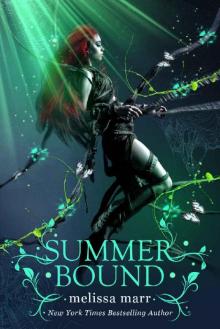 Summer Bound: A Wicked Lovely Story
Summer Bound: A Wicked Lovely Story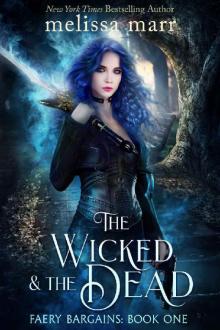 The Wicked & The Dead (Faery Bargains Book 1)
The Wicked & The Dead (Faery Bargains Book 1)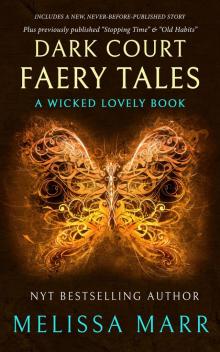 Dark Court Faery Tales
Dark Court Faery Tales of Maidens & Swords
of Maidens & Swords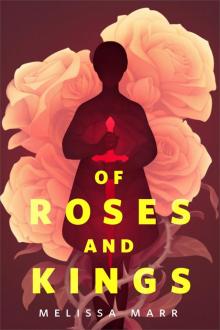 Of Roses and Kings
Of Roses and Kings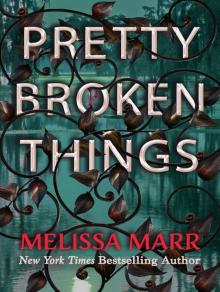 Pretty Broken Things
Pretty Broken Things Enthralled
Enthralled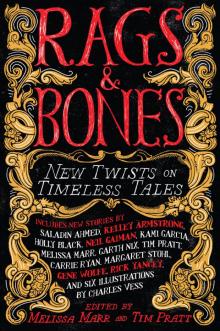 Rags & Bones
Rags & Bones Ink Exchange tf-2
Ink Exchange tf-2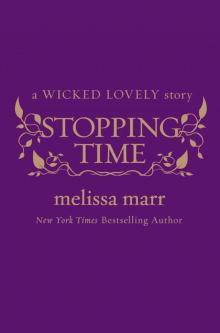 Stopping Time
Stopping Time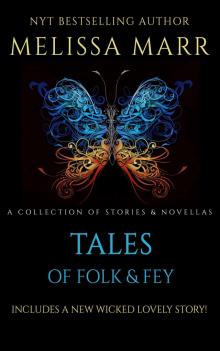 Tales of Folk & Fey
Tales of Folk & Fey Hex on the Beach
Hex on the Beach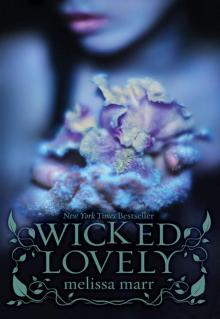 Wicked Lovely Free with Bonus Material
Wicked Lovely Free with Bonus Material Wicked Lovely tf-1
Wicked Lovely tf-1 Wicked Lovely with Bonus Material
Wicked Lovely with Bonus Material Carnival of Souls cos-1
Carnival of Souls cos-1 Radiant Shadows tf-4
Radiant Shadows tf-4 Darkest Mercy tf-5
Darkest Mercy tf-5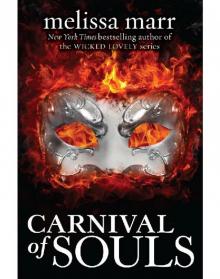 Carnival of Souls
Carnival of Souls Desert Tales: A Wicked Lovely Companion Novel
Desert Tales: A Wicked Lovely Companion Novel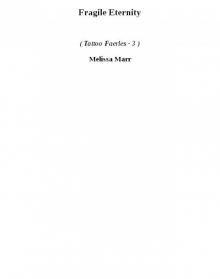 Fragile Eternity tf-3
Fragile Eternity tf-3 Old Habits
Old Habits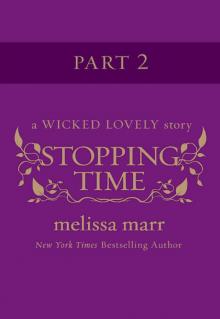 Stopping Time, Part 2
Stopping Time, Part 2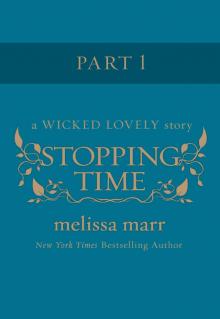 Stopping Time, Part 1
Stopping Time, Part 1